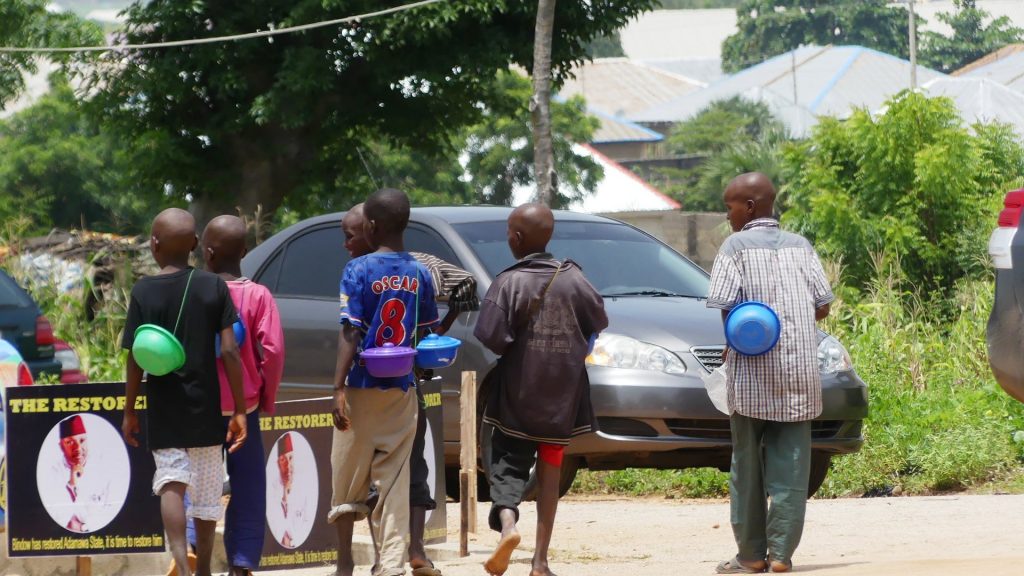The private sector’s involvement is pertinent in solving the Out-of-School Children’s menace in Nigeria, according to the presidency.
Speaking at the two-day conference of the Association for Formidable Educational Development (AFED) in Abuja, Fela Bank-Olemo, Senior Special Assistant to the President on Education Interventions, said government alone could not solve the problem.
- Insecurity: Irabor meets retired senior officers from South West
- We are doing our best to secure schools — Kaduna gov’t
He said the government had introduced a number of initiatives to help drive enrollment but a private sector’s collaboration would yield a better result.
According to UNICEF, Nigeria accounts for one in every five Out-of-School Children in the world and 45 per cent of Out-of-School Children (OOSC) in West Africa. About 10.5million children are not in school in Nigeria.
“Currently, the primary cause of the rise in the number of Out-of-School Children in Nigeria are the security challenges in the country,” he submitted.
Bank-Olemo also said economic demand barriers, social-cultural norms and practices, inadequate budgetary and planning, shortage of teachers and infrastructures were some other causes of the rising figure of Out-of-School Children in Nigeria.
“Insurgencies in the North has contributed immensely to the increase in the number of Out-of-School Children in Nigeria.
“According to NEMA, about 600 teachers have been murdered In Borno State; 19,000 teachers displaced and 1,200 schools destroyed,” he added.
In IDP camps, 75 per cent of children do not attend school. Over 1,400 schools have been destroyed and 600,000 children have lost access to education, according to UNICEF.
Solutions
“To Solve the Out-of-School Children menace in Nigeria, a stronger collaboration between the States, federal government, all relevant educational stakeholders and the private sector is critical.
“We must create a framework around our Out-of-School Children menace, that would incentivise the private sector to get involved in the provision of quality and safe access to education across the country,” he posited.
Recalling how telecommunication was liberalised in 2001, with the licensing of MTN and ECONET (currently known as Airtel), he said the companies injected over a million lines into Nigeria within a year with the country currently having 296,646,228 connected lines (NCC May 2021).
He said private universities increased to 99 in 20 years while that of the government was 96 within the period of 73 years, adding that: “These case studies show the capacity of the private sector in solving key economic challenges and producing viable results if properly incentivised and regulated.”
He added that private sector partnership would reduce pressure on the government, increase IGR of states through taxes from private organisations, improving the quality of teaching and learning while also helping to unleash the unlimited potentials of the private sector.
Speaking at the occasion, the National President of AFED, Hon Orji Kanu Emmanuel, said AFED was already being proactive in tackling the case of Out-of-School Children in the country by providing education at an affordable rate to children from low-income households.
He said AFED had also been facilitating training exercises for teachers, adding that: “We certainly recognise the value in improving teachers’ performance, hence our collaboration with the University of Buckingham on the Teacher Training programme.
“We are currently working with EIDU, a German-owned learning solution company in Nigeria, providing online solution free.”

 Join Daily Trust WhatsApp Community For Quick Access To News and Happenings Around You.
Join Daily Trust WhatsApp Community For Quick Access To News and Happenings Around You.


